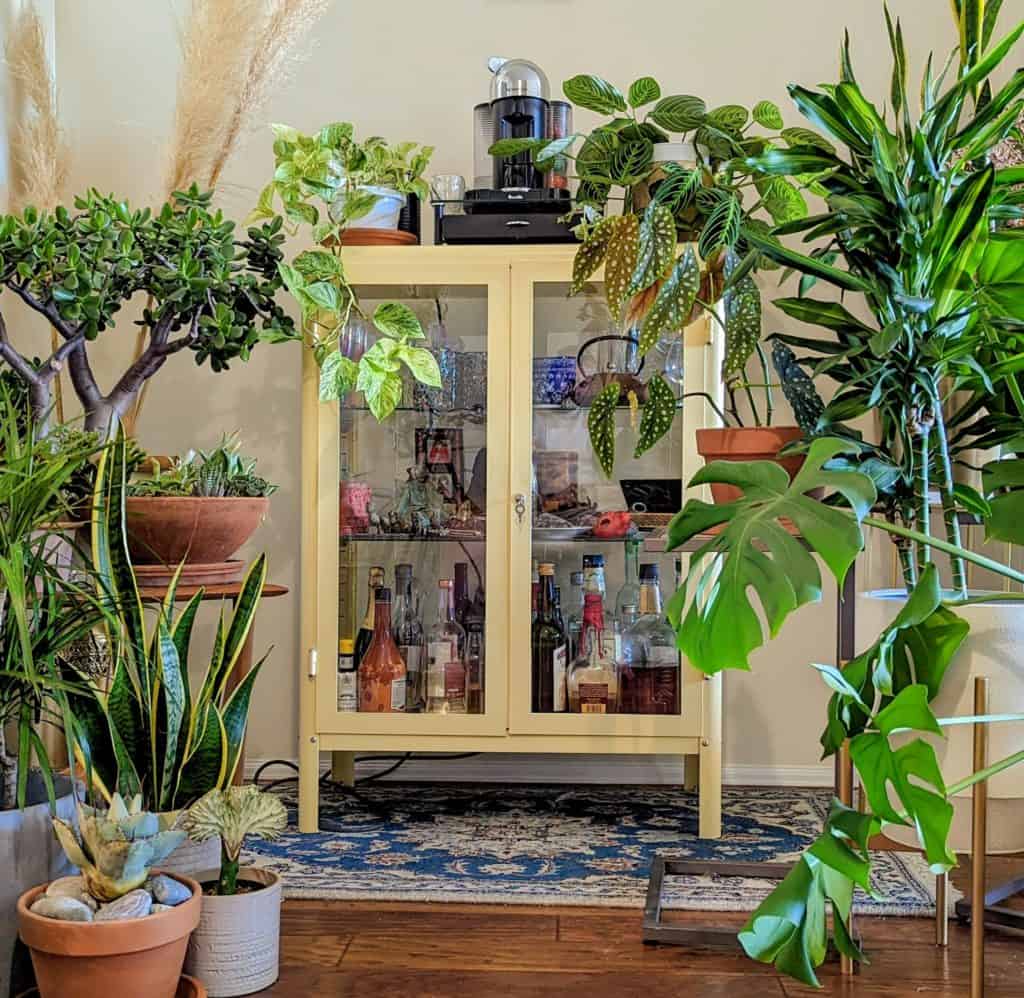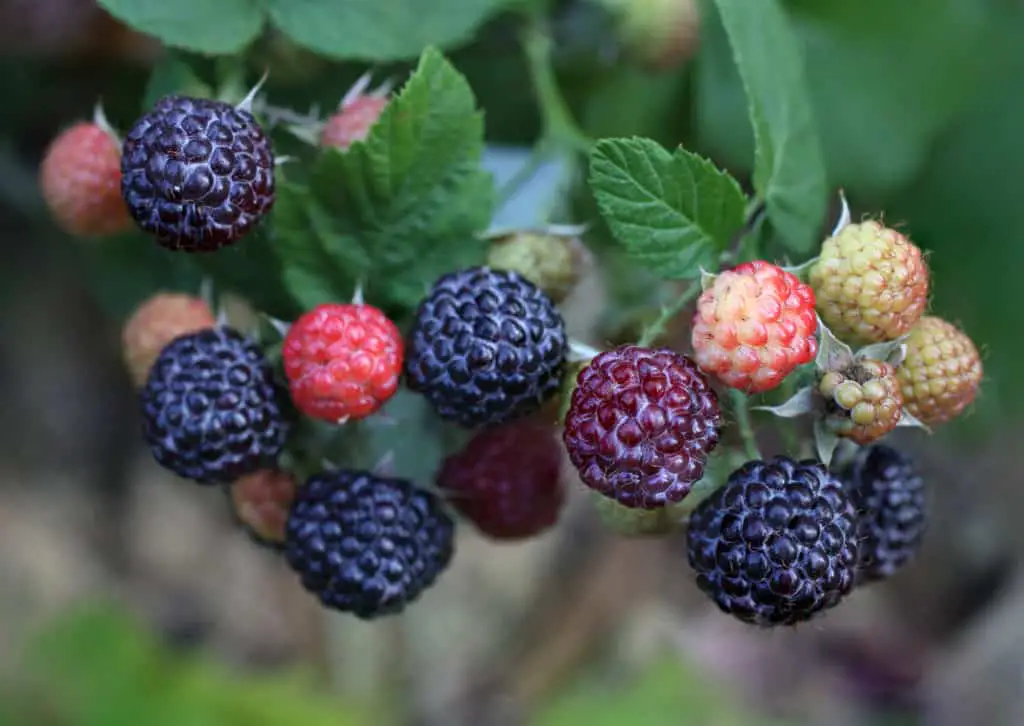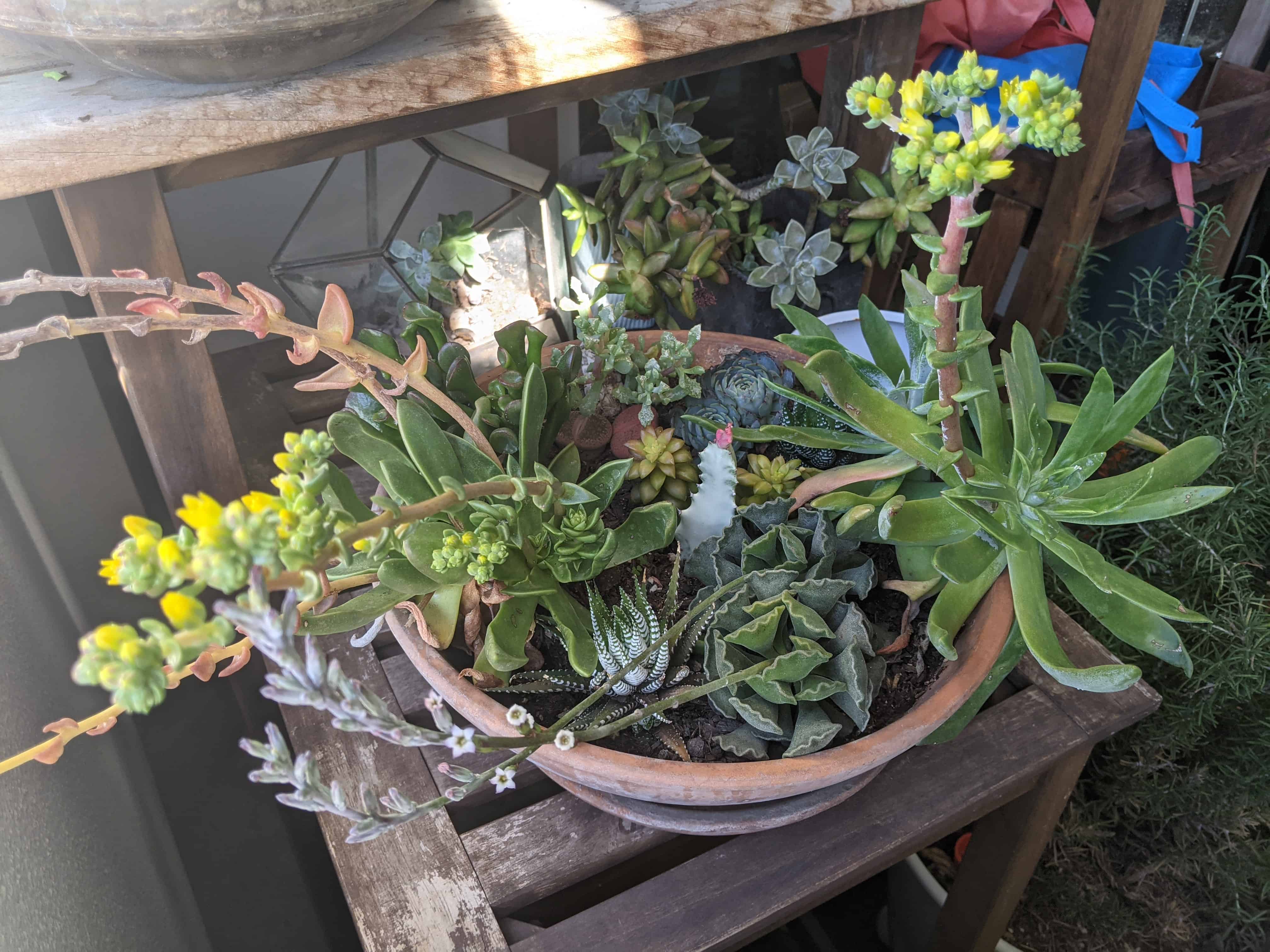
About
Having grown up in the Midwest with two avid gardeners for parents I became very well acquainted with plants at a young age. My father’s favorite plants are often peculiar; lithops and orchids or less well know native species to Illinois; the Paw-Paw Tree and May-Apples. My mother, on the other hand, by upbringing, is a baker of sweets, she loves berries and fruit.
I cannot tell you how many hours on summer days I worked (ages 7-10) picking blueberries, blackberries, strawberries, and, above all others, black raspberries (We are still eating the jam 20 years later, no joke).
In my hometown and surrounding area these grew everywhere; local parks, by the railroad tracks, and with time we found we could find them in almost any large forested area or park in Illinois. You can’t get a whole lot more organic than “forest grown”.
The downside of course was picking fruit in these secluded and foliage-abundant areas also meant being eaten alive by mosquitos. So, I think for that reason, around the same time, we planted raspberry and blackberry bushes in our yard.
As it turns out wild black raspberries somehow still taste better than anything domestic. Sure they are smaller and you need more of them but, even the raspberries that were grown in our own yard never seemed to surpass the bar the wild berries had set.

I don’t want to give you the impression that this is how gardening was started in my family. As a little kid, our house had a front yard that was entirely a garden, not a speck of grass. I know this for certain because I complained about it a lot.
My parents even began to encroach on the backyard making the left third of it into a tall grass and cacti garden (the cacti somehow survived a few winters there). In the back closer to the fence grew our fruits and veggies. We had berries, tomatoes, peppers and quite a few other veggies from year to year.
Around the summer of my 6th-grade year, we moved to a small town of 1600 people and got a house with an absolutely gigantic yard. About 1/4 of an acre.
My brother and I instantaneously became workhorses, moving massive piles of soil and compost.
Each summer we would help with the garden. We’d create raised beds by cart and shovel. This always started with laying down the cinderblock border to keep the soil in. Then, a dump-truck load of dirt was dropped off in our front yard. My brother Peter and I would unload that dirt according to our mother’s direction. After the soil was in place my parents, with few exceptions, placed the plants. My brother and I were primarily grunt haulers and weed whackers. I assume this is why I hated gardening for a long time.

Years later (after moving to Los Angeles for a couple of years), my brother and I moved to Long Beach California. Because of our jobs, we got to see a lot of people’s houses and all of their plants.
All these new and exotic plants in this warmer climate really made me want to garden again. Before this realization, the most I had tried was bonsai with some help from my dad. I had pretty handsome boxwood at one time.
I became more fascinated with succulents and cacti than anything else when I fell back into the rabbit hole. These new plants were easier to care for and looked almost alien in comparison to the leafy plants I grew up with.
Nowadays my collection has expanded far beyond that. A joint collection (my girlfriend and I’s), we have all sorts of leafy houseplants, herbs, cacti, and succulents. Over 70 species.
I didn’t expect to be surrounded by plants again but there is something special about having them around, watching them grow, and caring for them. Many plants are capable of living a very long time, they may not exactly be immortal, but given the proper care (or if they’re just plain tough), they can outlive their caretakers.
So technically, if you plan and succeed to outlive your plant kids, it’s kinda like you are the caretaker for a house full of immortal beings right now. As long as you pass the plants on to a true plant lover to take care of them before you Crocus (not sorry).
Sure a plant may not seem as personable as a dog or a cat but, if you pick out a fruiting perennial that you truly love, you have a lifelong fruit-bearing companion. It’s better than a pet if you think about it… it’s generally frowned upon to eat a pet, even if it is just a piece of one.
Anyways…
The symbiosis of the natural world could not be better conceptualized than by keeping a garden.
Learning about composting gets you thinking about how decomposition works. Composting also helps you learn about plant nutrient needs. Learning about watering needs for your plants can give you a great ability to deduce the likely watering needs of a plant that you are seeing for the very first time, just by looking for similarities with your own plants you can usually get a quick idea of a succulent/cacti v.s. a fern v.s. etc… It’s a great skill for someone who wishes to be a green thumb, even if you don’t feel like one yet.
Learning about plants is more than just cool, it’s useful. You can learn everything from how to take care of houseplants to growing food or doing landscaping on planthouseaesthetic.com.
I hope every article on this website brings you both the information that you need and a greater understanding of how the world of plants works around you. Thank you for taking the time to visit today!
Check out the blog categories here!
Nicholas Holt – Head Writer & Owner of Plant House Aesthetic
